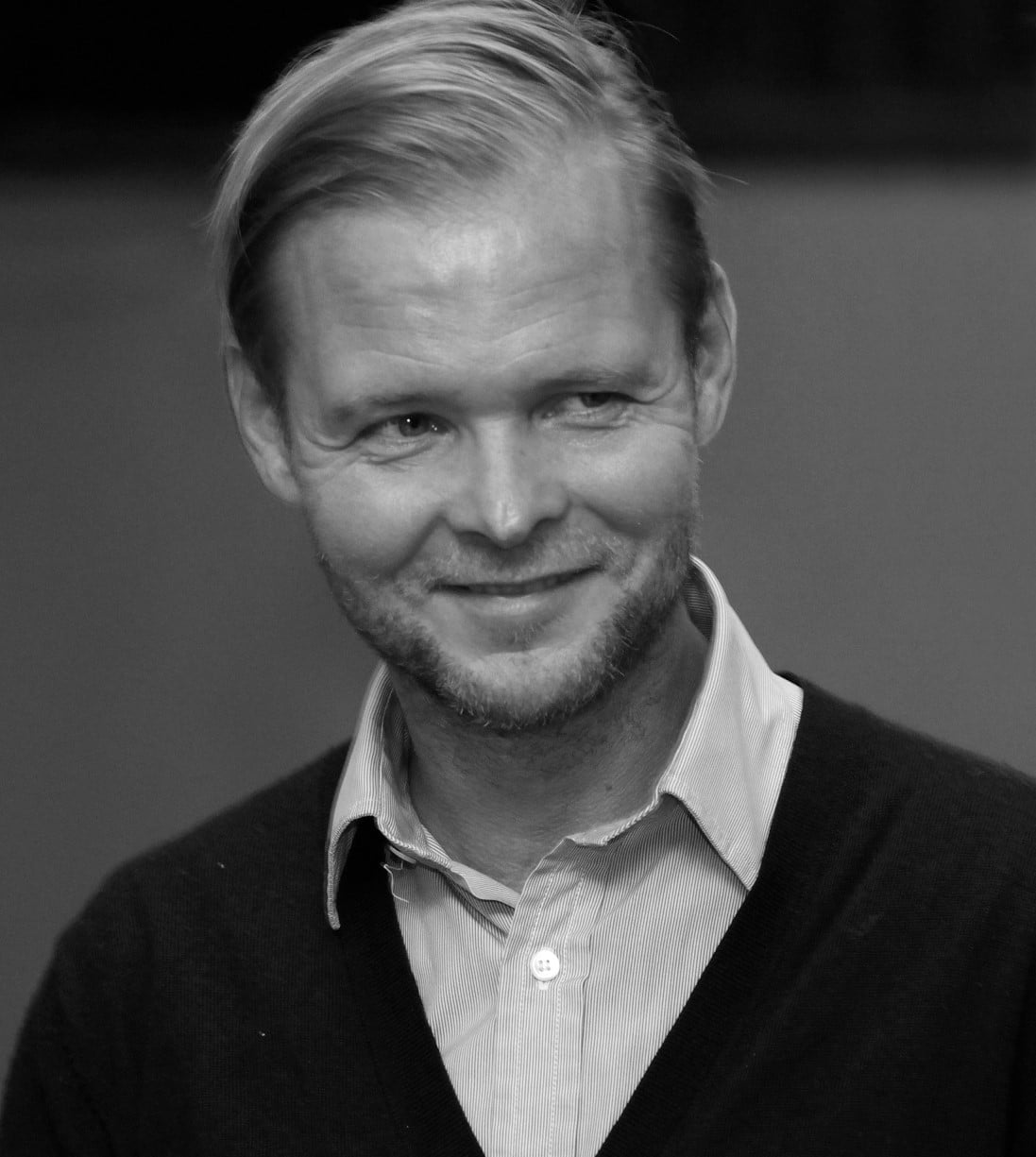
Christian Kracht
Christian Kracht was born in Gstaad, Switzerland in 1966. He spent his youth in Germany, the USA, Canada and southern France. After having worked for the newspaper »BZ« and the magazines »Tempo« and »Der Spiegel«, he became the India correspondent in New Delhi for »Der Spiegel« in the mid-nineties. He later lived in Bangkok and Nepal. The experiences he gathered during his travels in various Asian countries are described in travelogues written for the weekly »Welt am Sonntag«, and later appeared in the volume »Der gelbe Bleistift« (2001; tr: The yellow pencil). Afterwards Kracht began to work as a columnist for the »Frankfurter Allgemeine Zeitung«.
Generally acclaimed as a fine stylist, Kracht provokes by way of irony and an ostentatious advocacy of lightness and the superficial. In the mid-nineties his novel »Faserland« (1995) earned him a name as a deft practitioner of pop literature. In this book, a first-person narrator observes the party and drug scenes of contemporary Germany. In 1999 Kracht appeared as part of a »pop culture quintet« along with Joachim Bessing, Eckhart Nickel, Alexander von Schönburg and Benjamin von Stuckrad-Barre. Together they published »Tristesse Royal«. Some critics expressed surprise at the new gravitas displayed in his second novel »1979« (2001). Here, the author sets the West – shown as being decadent and powerless as the protagonist who embodies it – against the totalitarian systems of Maoism and Islam. Kracht has been accused of placing aesthetics over ethics for his participation in the volume »Die totale Erinnerung« (2006; Eng. »Ministry of Truth: Kim Jong-Il’s North Korea«, 2007). This book of photography shows Kim Jong II’s North Korea as it is presented to foreigners. Kracht adheres to the tradition of the dandy and invokes Flaubert, leaving the understanding and moral reasoning of his works to readers. »Metan« (2007) was written in collaboration with Ingo Niermann and has received mixed reviews. The ironic worldwide conspiracy theory has recently placed this gas in a whole new light. His 2008 work, »Ich werde hier sein im Sonnenschein und im Schatten« (tr: I Will Be Here in the Sunshine and in the Shade), describes a fictional, alternative course of world history after the First World War. »Imperium« (2012; tr: Empire) tells of German dropout August Engelhardt, who runs a coconut plantation in German New Guinea and foreshadows the chasms of the 20th century with his delusions of world development. The novel was predominantly positively reviewed, defending the author against the accusation that he was a »gatekeeper of right-wing ideas«, as »Der Spiegel« had claimed. In his most recent novel, »Eurotrash« (2021), a nameless first-person narrator delves into his own inner life and into the abysmal history of his family, which is interwoven in both tragic and comic ways with that of the country of his birth.
Kracht has received, among others, the Axel Springer Prize in 1992, the Wilhelm Raabe Literature Prize in 2012, and the Hermann Hesse Literature Prize in 2016. He lives in different places around the world.
Faserland
Kiepenheuer & Witsch
Köln, 1995
Ferien für immer
[Mit Eckhart Nickel]
Kiepenheuer & Witsch
Köln, 1998
Tristesse Royale
Ullstein
München, 1999
Der gelbe Bleistift
Kiepenheuer & Witsch
Köln, 2000
1979
Kiepenheuer & Witsch
Köln, 2001
Mesopotamia
[Hg.]
dtv
München, 2001
New wave
Kiepenheuer & Witsch
Köln, 2006
Die totale Erinnerung
[Mit Eva Munz, Lukas Nikol]
Rogner & Bernhard
Berlin, 2006
Metan
[Mit Ingo Niermann]
Rogner & Bernhard
Berlin, 2007
Ich werde hier sein im Sonnenschein und im Schatten
Kiepenheuer & Witsch
Köln, 2008
Imperium
Kiepenheuer & Witsch
Köln, 2012
Die Toten
Kiepenheuer & Witsch
Köln, 2016
Eurotrash
Kiepenheuer & Witsch
Köln, 2021
